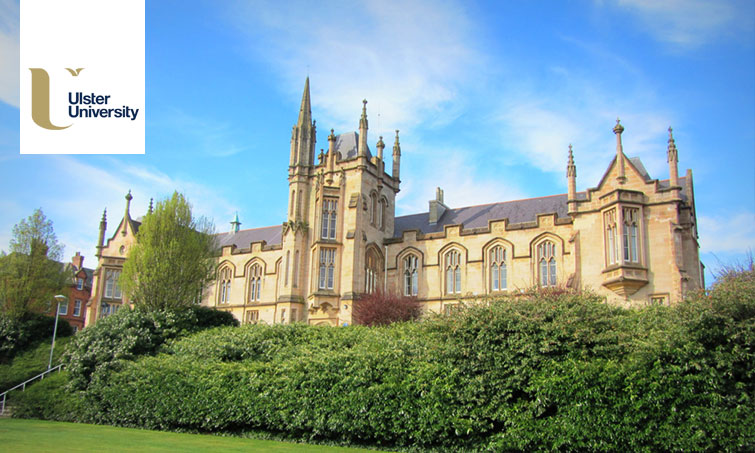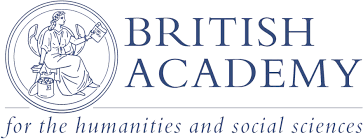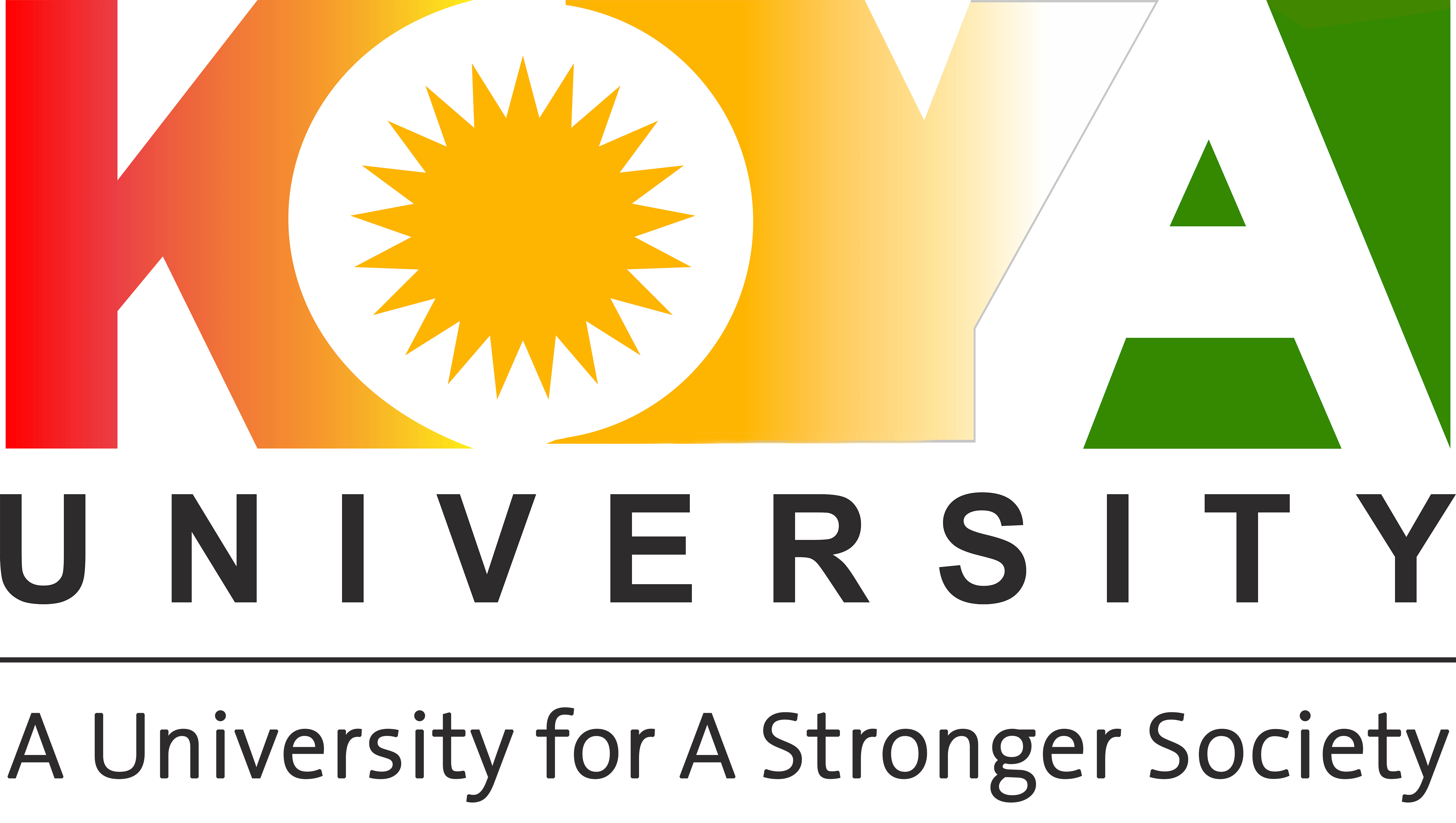Koya University, in cooperation with the Ulster University in Northern Ireland and the University of Sharjah in the UAE, received the annual grant of the British Academy, which is worth more than £400,000. British Academy is a registered charity in England and Wales (charity number 233176). It has one wholly-owned trading subsidiary (Clio Enterprises Limited, company number 07595846).
The British Academy is the UK's national body for the humanities and social sciences – the study of peoples, cultures and societies, past, present and future. They have three principal roles: as an independent Fellowship of world-leading scholars and researchers; a Funding Body that supports new research, nationally and internationally; and a forum for debate and engagement – a voice that champions the humanities and social sciences.
Dr Haidar Lashkry, Vice-President for Scientific & Postgraduate affairs and Koya universities co-coordinator of the programme stated that the grant will afford our university opportunities for capacity exchange both within our region and also academia in the Global North. The programme of activities will enable Koya University to strengthen its institutional capacity and become a hub for the political economy analysis of education in the Middle East. The proposed research agenda on the Politics of Education is of huge significance to the region. We believe that the joint applicants will bring multidisciplinary expertise that will strengthen the faculty of Educations’ engagement with the field of Education in conflict and crisis, both in the field of research and post-graduate teaching.
The overall program
- The joint-Chair will focus on strengthening research capacity in political economy analysis of education in the Middle East through creating a research unit for Political Economy Analysis (PEA) of Education in conflict-affected contexts in the Middle East. This Research Unit will be located at Koya University.
- The project will facilitate the building of a small targeted research unit within the Faculty of Education at the Koya University.
- The research unit will conduct research focused on the PEA of non-state education actors in Iraq and build in country capacity by:
1- Seeking to foster a Regional Network of Education researchers. This will be done by holding a series of regional workshops at Koya University.
2- Deliver a programme of teaching on research skills. The Chair team will deliver three, 3-day Research Training Workshops at Koya University for research staff, faculty and post-graduate students. The workshops will be held at the beginning of each academic year (with year one incorporating a project introduction). The indicative training programme is scheduled to include: Research Design, Methods and Ethics, Research Agenda Specific, PEA Tools and Frameworks, Equitable Partnerships, Funding Application Processes, Peer Review, Project Management, Impact and Dissemination.
3- Deliver Academic writing workshops: The aim of these workshops is to encourage and support early career researchers in Iraq to develop scholarly publications for high-impact journals in the fields of education.
4- Hold regular post-graduate seminars on education in conflict and crisis.
5- Deliver a programme of capacity building to help Koya University develop its research capacity. Monthly online coaching sessions will be delivered covering a range of project management issues; financial management support, contracting, due diligence, ensuring equitable partnerships and communications.
6- Facilitation of collaborative additional bids for funding between Ulster and Koya will be developed where possible. - The research unit at Koya University will link to two existing research hubs managed by Ulster University through their PEER Network project. These hubs are in Central Asia and Africa.
- The project will also link to a wider project implemented by the British Government, called ERICC. This project looks at education in conflict and crisis contexts globally.
The Research
- Research question: What are the possible harmful effects of non-state schools in contexts of conflict and how can they be mitigated?
- The research component of the project will seek to apply a critical and locally-grounded use of PEA to unpack the interests underpinning different types of non-state education policies and interventions in Iraq. The research will aim to:
- influence socially just decisions about investments in education that benefit children in contexts of conflict and crisis.
- support donor and practitioner decision making in contexts where government presence is weak and community division is high.
- conduct a systematic analysis regarding the risks and benefits of associating with non-state actors in situations affected by conflict.
- Formulate a locally defined typology of non-state education actors that translates to neighbouring contexts, such as Syria.
- Analyse how the educational policies and practice of different non-state actors interact with conflict factors.
- Understand how different identity groups (with an intersectional focus on the most marginalised within those groups, such as girls, the disabled or those with perceived ISIS affiliation) experience education within the fragmented post conflict education system in Iraq.
- Capture lessons on how to support inclusive, quality educational services in areas where government presence is weak and community division is high; with a focus on rebuilding a coherent education system when conditions become more favourable.
Resources
- Ulster University will provide one full PhD scholarship for an Iraqi researcher.
- The project budget includes research costs
- The project budget includes an International Conference Attendance Support fund which will be accessible to Iraqi PhD and Postdoc’s on the project each year.
- The project budget includes the following staff costs:
- Time for the Chairs to work at Koya University
- Support staff based at Ulster University
- A full-time project manager to be based at Koya University
- A full-time Postdoc to work at Koya University


----------
Koya University (KOU) is located in the city of Koya (Koy Sanjaq) which is 1.0 hr drive to the East of the Kurdistan Region capital Erbil (Arbil, Hewlér) in Kurdistan Region of F.R. Iraq. It is on the foothills of beautiful high mountain. Its campus has been carefully laid out to embrace the beautiful mountainous nature. . There are 4 Faculties and 2 Schools in KOU; Faculty of Engineering (FENG), Faculty of Science and Health (FSCH), Faculty of Education (FEDU), Faculty of Humanities and Social Silences (FHSS), Shcool of Physical Education (SPHE) and School of Medicine (SMED). Also, there are two research centers; Genome Center and Malai Gawra Center. Moreover, at KOU there is an English Language Center (BELC) at KOU has been opened with the sponsorship of IREX and American embassy in Baghdad as well as with the support of Spring International Language Center of The University of Arkansas. KOU has two Scientific Journals; ARO-The Scientific Journal of Koya University, which is indexed by Clarivate Analytics (ESCI), and Koya University Journal of Humanities and Social Sciences (KUJHSS). KOU is a proactive member of Erasmus/ Marhaba Project and Erasmus+. KOU signed many Memorandum of Understandings (MoU) with many International Universities, e.g., The University of Arkansas (June 2015). The Lulea University in Sweden (April 2014), The University of Nottingham in the UK, The University of Buckingham in the UK (Oct 2008), Belkin University in Turkey (Sep 2009) and The University of Greenwich in the UK.

